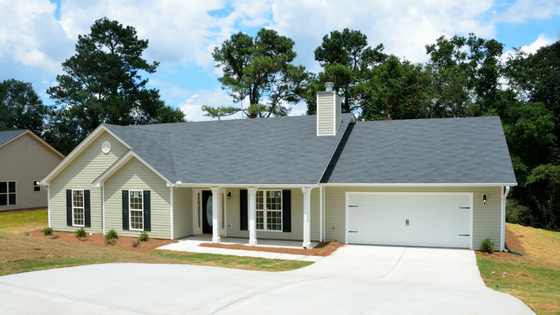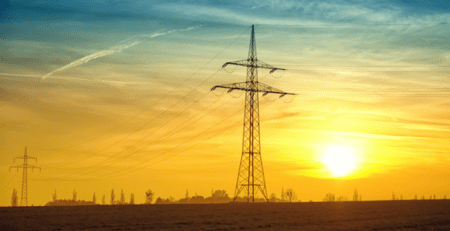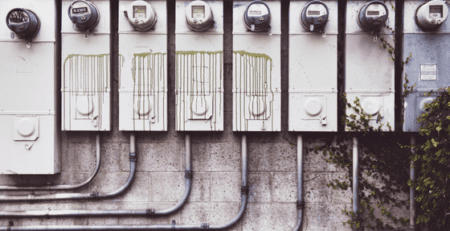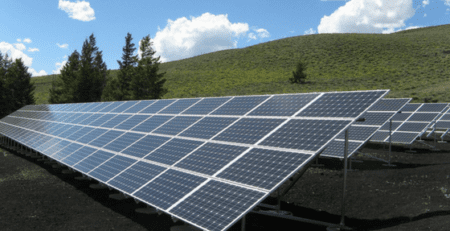Solar Power & HOAs in Colorado
*Note: We’re not lawyers. And nothing in this article should be construed as legal advice. If you are in a fight with your HOA, we recommend getting advice from a real lawyer.
Homeowner’s Associates (HOA’s) in Colorado are often very restrictive on what you can and cannot do with your property. Regulations run from the number of pets allowed to the type and color of your roof. And the rise of solar power has many people asking how much say your HOA has in your decision to pursue alternative energy options.
Fortunately for homeowners that are subject to HOA’s, Colorado has clear laws on the books that regulate how they can restrict your use of renewable energy. Today, we’ll look at the relevant statutes so that you can know your solar rights.
Solar, HOA, and the Law
In Colorado, the law that governs HOA’s and renewable energy is Colorado Revised Statute (CRS) 38-30-168. Here’s the law, straight from the lawyer’s mouth:
“A covenant, restriction, or condition, contained in any deed, contract, security instrument, or other instrument affecting the transfer or sale of, or any interest in, real property that effectively prohibits or restricts the installation or use of a renewable energy generation device is void and unenforceable.”
The law is pretty clear, once you wade through the legal jargon. It basically says that renewable energy generation devices (i.e. PV solar panels) cannot be prohibited by deed restriction or HOA covenant. There are, of course, exceptions to the rule. But the general idea is that you are free to install solar panels on your property, regardless of what your HOA says.
Exceptions to the Rule
Like any good law, there are a series of exceptions to CRS 38-30-168. In the case of solar panels, the exceptions include:
- Reasonable aesthetic provisions that do not significantly increase the cost or decrease efficiency
- Bone fide safety requirements for the protection of persons and property
- Installation on property not owned by the installer, including:
- Property owned by another person
- Leased property except with permission of the lessor
- Collateral for a commercial loan without permission of the secured party
- Common property or elements owned by the HOA
None of those exceptions appear to be overly burdensome. There will be questions about how to define ‘reasonable aesthetic provisions’ and what a significant increase in cost or decrease in efficiency means, but overall the law appears to side with solar power against an over-reaching HOA.
Practical Considerations
So, what should you do if you’re stuck with an HOA that is being difficult? The simple answer is that the law is probably on your side (unless you’re planning on installing a massive solar array), but there are still considerations of neighborliness. Even if you are in the right, you don’t want to make your neighbors into your enemies.
If you run into an issue with your HOA, start by gently pointing them to CRS 38-30-168. Also, be willing to work with your HOA over any architectural or aesthetic concerns, because everybody wants to be a good neighbor.
Conclusion
So, if you skipped to the end here is our short answer: your HOA can’t really stop you from installing solar panels (with some exceptions). And here’s our slightly longer answer: you can probably install solar panels on your HOA controlled property, but the best way to do it is through neighborly discussion instead of lawyers.
Let us close by saying, one more time, that we’re not lawyers (obviously). So, before you go running into battle against your HOA, maybe talk with a real lawyer. But if you need a solar system designed and installed, then we’re the go-to source for Western Colorado and Eastern Utah!






